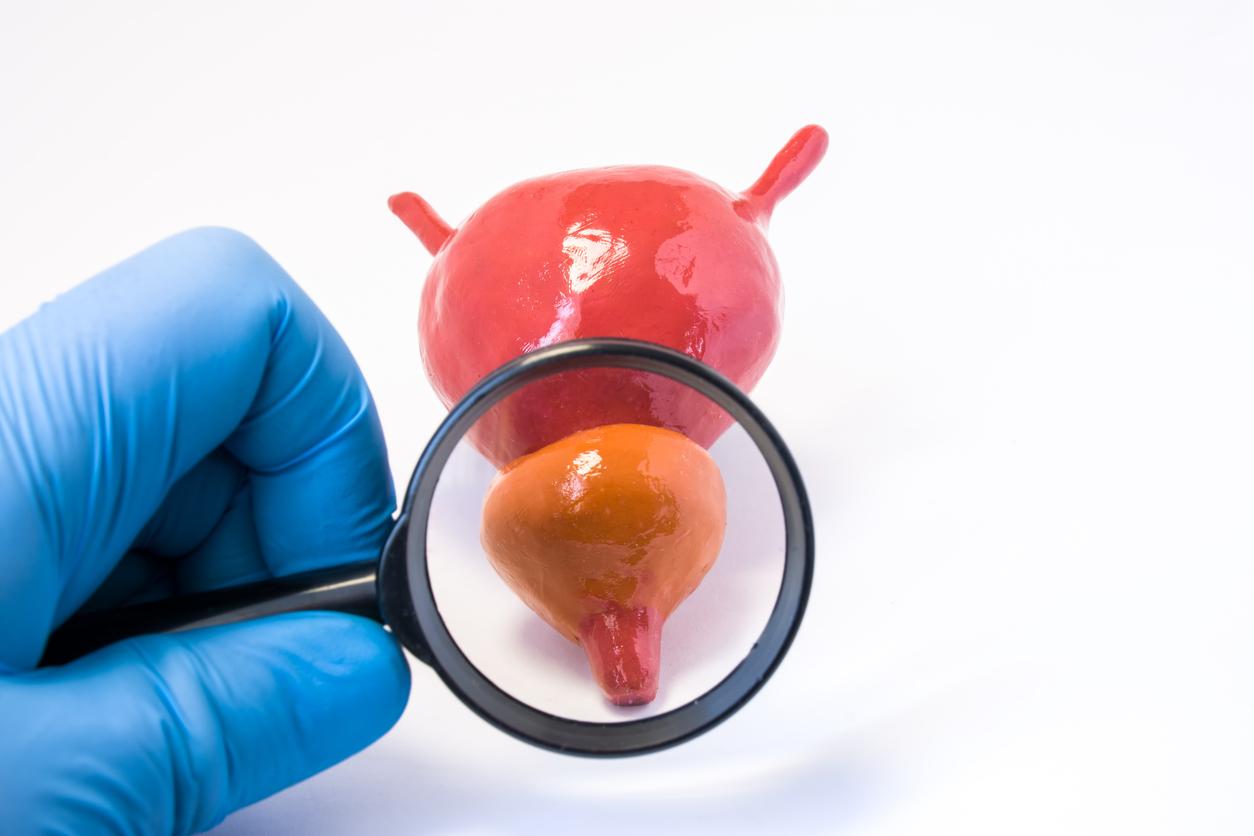A blood test may well be part of routine clinical care to screen for certain cancers. This is revealed by a study conducted in the United States.
-1588267034.jpg)
Diagnosing cancers as early as possible is one of the keys to reducing the number of related deaths. Currently, there are approaches that reduce colon, breast, lung, and cervical cancer mortality, but some forms of screening are not recommended for people at average risk. This is what prompted scientists to carry out a one-year exploratory research on nearly 10,000 women aged 65 to 75, with no medical history of cancer.
Objective: to evaluate a blood test aimed at detecting almost all types of cancer. If a participant tested positive and no cause unrelated to cancer explained an abnormal data, the person was invited to undergo the last component of the screening: a positron emission tomography (PET-CT scan). It is a medical imaging technique commonly used to detect, locate and diagnose tumours.
26 of 96 cancers detected, including at an early stage
The blood test — an early version of CancerSEEK, having already been the subject of a study — based on circulating DNA and protein biomarkers of cancer, successfully detected cancers in 26 women, including some at an early stage, so they could be located and surgically removed. Nevertheless, 70 cancers not detected by the blood test were found in study participants.
Thus, according to the researchers, the test could be integrated into routine clinical care and be carried out alongside standard cancer screening, such as mammography. In this way, those tested would not have to incur a significant number of invasive follow-up tests.
More trials to come
“The study was able to provide answers to several fundamental questions regarding blood tests to screen for multiple cancers”can we read in the press release. The study authors note that it was not designed for regulatory approval of a specific test. They say larger trials will be needed to further assess the clinical validity and utility of such tests.
.

















